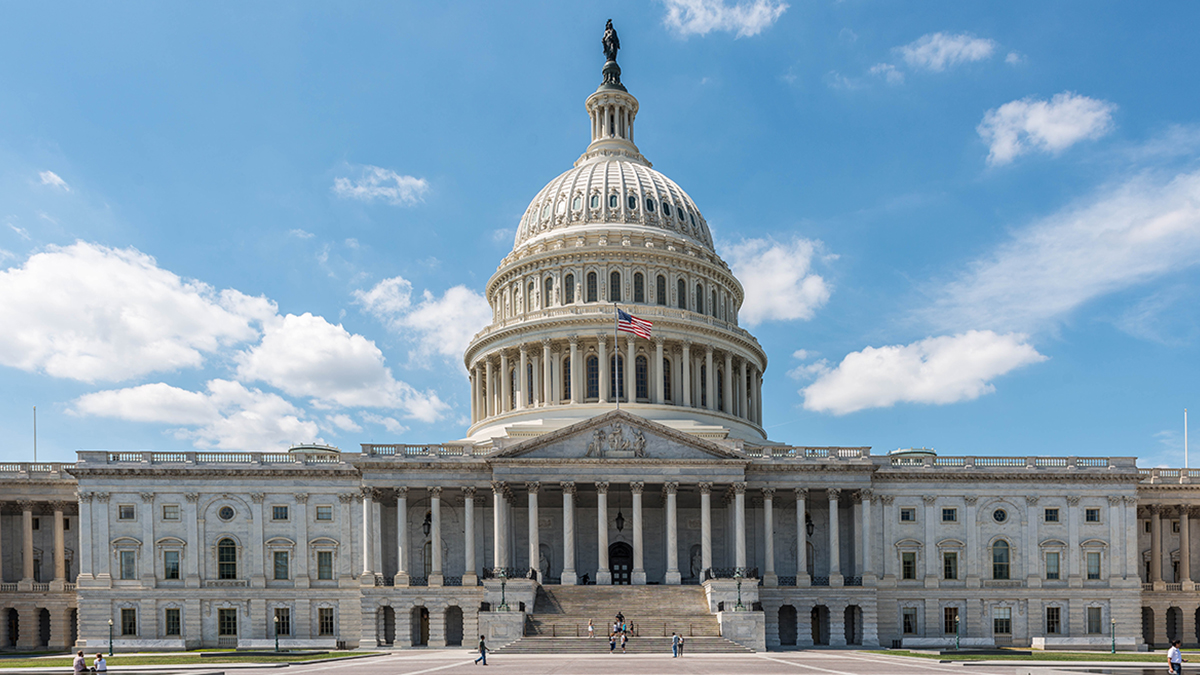The presidential election could lead to a U-turn in energy policy at federal agencies.
While energy and climate has not been the top focus on the campaign trail, both candidates have signaled starkly different approaches on how they would oversee federal rules and spending.
Democratic nominee Kamala Harris is expected to continue President Joe Biden’s low-carbon policies if elected, but former President Donald Trump could refocus the Department of Energy on fossil fuels if he returns to the White House. Here are some energy issues to watch at federal agencies depending on who wins the election.
The Biden-Harris led Department of Interior is mandated to hold an oil auction by year’s end in the Arctic National Wildlife Refuge (ANWR), continuing a program to explore for hydrocarbons in the nation’s most remote public lands. But the department has yet to release a final environmental analysis on the potential impacts of drilling or announce an auction, leaving some Alaskan leaders concerned the agency will not fulfill its commitment. A 2017 law required at least two oil sales in the refuge, with the second sale occurring no later than December 22, 2024. The Trump administration held the first sale January 6, 2021.
Trump said in a town hall last month that the ANWR oil program would be generating significant revenue if he were president. Vice President Harris – who, as a senator representing California, supported legislation to permanently cut off ANWR’s coastal plain from drilling – has not commented on plans for the refuge during her campaign. The Congressional Budget Office has projected that the oil program in ANWR could earn $1.8 billion over 10 years in auction income.
The Department of Energy (DOE) is pushing to finalize energy efficiency regulations for industrial and household appliances, a final rule on industrial fans and blowers, a rule on electric motors, and a final rule on walk-in coolers and freezers, all by the end of 2024. The Biden-Harris administration has released dozens of efficiency rules in the past three years that were stalled under former President Donald Trump.
DOE’s efficiency program requires the department to consistently ratchet up regulations on appliances and includes an “anti-backsliding” provision that prevents standards from being weakened. It requires increased efficiency standards that cut emissions.
On his campaign website, Trump says he would “immediately stop” regulations on the Department of Energy appliances program in his second term.
On Tuesday, November 5th, voters across the U.S. were faced with stark contrasts between the two candidates as they headed to the polls to elect their next president – and they chose Donald Trump, who has stated his strong support for the drilling industry.





